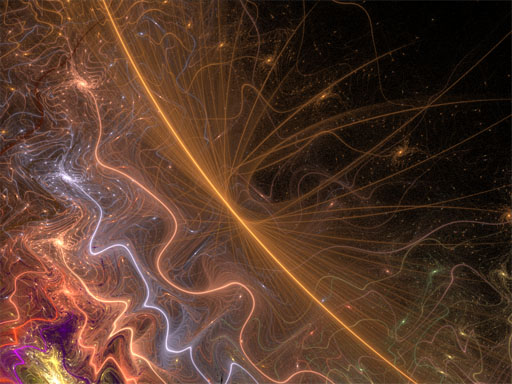What is MQA?
MQA is systemic paradigm shift rather than just incremental evolution in digital audio.
MQA
is indeed more than just another standard or format for digital audio: an
efficient, non-brickwall sampling, backwards compatible, end to end verifiable, matching conjugate filtering system with low
modulation noise, low time smear, and sufficiently high
time and amplitude resolution to be truly transparent.
As
mentioned earlier, trying to nit pick or second guess or outsmart Bob
Stuart and the team that developed MQA is as futile as trying to out
punch Mike Tyson, or out listen Bob Ludwig; they did a _LOT_ of
research about the pitfalls of brickwall digital audio, and what can be
done to vastly improve digital audio efficiently within existing
infrastructure, not just incrementally, but with a true paradigm shift.
They have demonstrated in numerous studios, salons and shows what the
MQA process can and does do, including DXD files raw, MQA processed,
and MQA folded and unfolded. MQA folded and unfolded has been
indistinguishable from the high bit rate MQA "treated" or de-blurred
files, and both are superior to the raw files.
I
have been at a
demo of Peter McGrath's excellent high bit rate master recordings, raw
and MQA. The MQA version sounded surprisingly better than the already
excellent raw "hi-res" files. Similarly, MQA re-mastering improved the
already excellent (if I may say so myself) sonics of 33 Bowls
recordings. MQA re-mastering also provides
considerable sonic improvement to even early digital redbook 44.1
masters. There is more to it than just throwing more bits at it; there
is more than just frequency response.
One of many facets of MQA
is authentication, a verification that the "pipeline" is clean from the
studio to your listening room or head. How do you know, how can you
verify that a "hi-res" nyquist PCM audio file is actually sampled,
digitized at the sample rate claimed, and not just a redbook 44.1/16
master that has been oversampled, to market as "hi-res"; or worse,
upsampled from an mp3 file? How do you verify that any digital audio
file, streamed or downloaded, has not been compromised along the way?
Unless it is MQA, you don't. MQA uniquely provides a two tiered
authentication of the source and master file.
ESS
Tech, a pioneering manufacturer who makes high performance D/A chips
that incorporate MQA rendering has this to say about MQA:
"...Using
pioneering scientific research into how people hear, the MQA team has
created a technology that captures the sound of the original studio
performance. The master MQA file is fully authenticated and small
enough to stream, while also being backward compatible, so you can play
MQA music on any device. MQA’s award-winning technology is licensed by
labels, music services and hardware manufacturers worldwide, and is
certified by the RIAA..."

Deep
Gratitude to countless generations of Artisans
who listened to the Grand Muse; who practiced,
even mastered the Art of expressing the resonance
and coherence of the Universal Aum;
who crafted these and other Singing Bowls.
Your
memory lives on.

